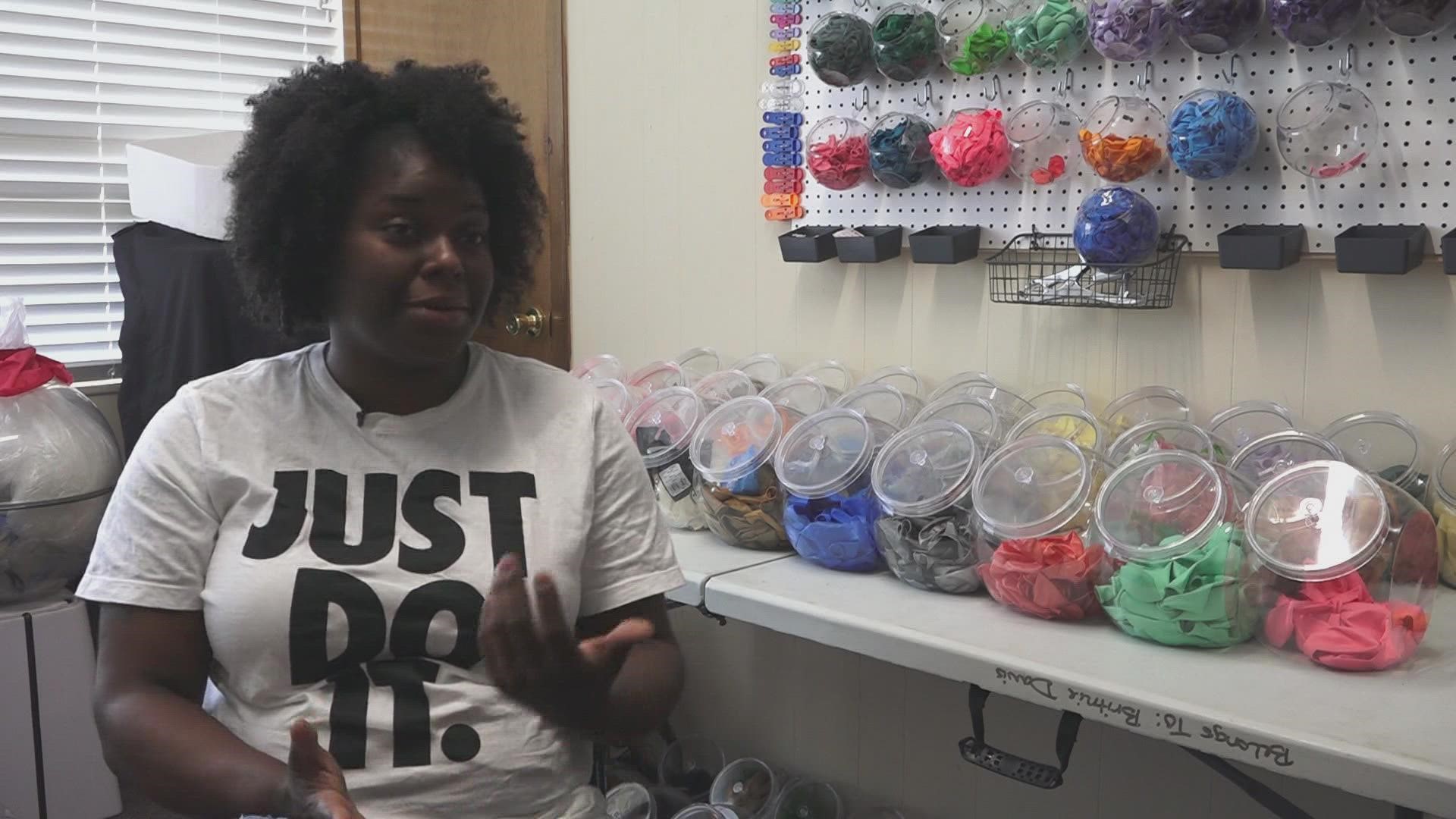KNOXVILLE, Tenn. — The Knoxville Area Urban League (KAUL) is focusing on helping people of color become successful business owners.
According to the KAUL, in 2021, 41 percent of minority-owned businesses closed and 50% saw a reduction in revenue due to the COVID-19 disruption across the country. Terrence Carter, vice-president of workforce & economic development, said they have seen similar trends in Knoxville.
"Unfortunately, we see far too many small businesses in these particular areas, in these communities of color, that are failing at a rate that is twice as high as their counterparts, or non-minority," he mentioned.
That is why he said they have a particular interest in helping people of color who are interested in becoming entrepreneurs.
"What we are trying to do is position them for the best possible probability of success," he explained. "And what that means is putting together a solid foundation that is required to, basically, start a business and in growing that business into a successful company."
The KAUL helps people through training and with access to funding. Britnie Davis is one of those people that has received help from the league.
"When they say, you know, you start with a dollar and a dream, I literally started with the dollar and the dream," she commented. "Went to the Dollar Tree, got some balloons, I tried it and I actually went viral."
Davis never imagined herself as the owner of a balloon decorating business and said she did not feel prepared for it.
"I was not there mentally, I was not ready to be my own boss," she said. "I did not know anything about it. You have got to have total control, you know, mentally, financially, spiritually, emotionally dealing with people."
But that was when she got connected to the KAUL. There she received planning support and won $15,000 through contests. She said that helped her propel her business, Britnie's Balloon Bonanza.
Carter, on the other hand, added that, at the end of the day, empowering minority-owned businesses helps Knoxville grow as an economy and a community.
"It is important for the broader community to make sure that these communities of color that have these pockets of neighborhood commercial and business spaces are vibrant, successful because it benefits the whole community," he emphasized. "That will be an impact for, not just those individuals, but those families within those communities."

